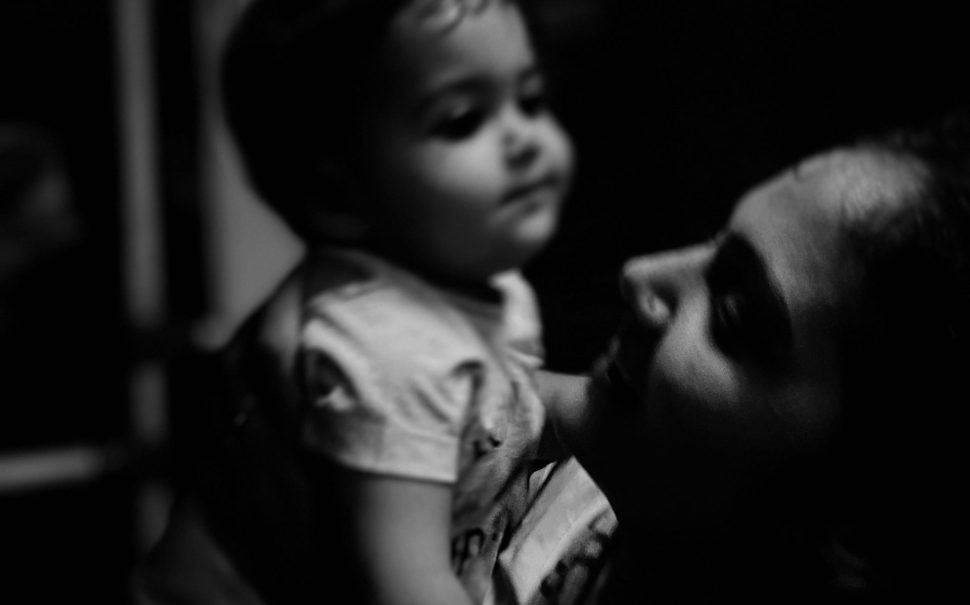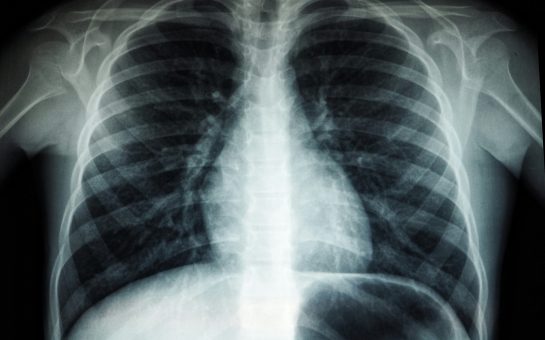The first ever large-scale randomised trial has tested a group-based CBT intervention designed specifically for British South Asian women experiencing postnatal depression.
Researchers recently published the study ROSHNI-2, “Roshni” meaning light in both Hindi and Urdu, which details new approaches to treating postnatal depression among South Asian women in the UK.
Led by Professor Nusrat Husain of the University of Manchester, the research involved collaboration across multiple institutions, including Mersey Care NHS Foundation Trust, Lancashire & South Cumbria NHS Foundation Trust, Keele University, University of Glasgow, Barnet, Enfield and Haringey Mental Health NHS Trust, and King’s College London.
Amplifying community voices through ROSHNI-2
Farah Lunat, joint first author of the study and part of the Research and Development team at Lancashire & South Cumbria NHS Foundation Trust, worked closely with Professor Husain and said the following about the study:
“For years now mainstream media, academic and clinical narratives have all labelled the community and other minority ethnic communities as ‘hard to reach’ or difficult to engage.
“This puts the ownership or even blame on the community to make that change, but ROSHNI-2 highlighted and taught us so much on how the community isn’t hard to reach they are easy to ignore or they are hardly reached.
“The project was necessary to amplify the voices of those seldom heard and find those gaps in services where communities are being missed and the impacts of this extend to children contributing to generational trauma and long-term impacts on individuals and their families.”
The trial was conducted at five study centres (including general practices, community settings and children’s centres) in the UK with high South Asian populations across North West England, Yorkshire, the East Midlands, London and Glasgow.
Trial overview
Postnatal depression affects between 10–15% of all mothers in the UK and remains a significant public health concern, particularly for women from diverse cultural backgrounds.
Stigma, language barriers, and cultural obstacles often prevent healthcare providers from adequately serving and treating South Asian mothers.
Of the 9136 individuals approached for recruitment between Feb 8, 2017, and March 29, 2020, 4296 women were eligible for and consented to screening, among whom 732 screened positive and were randomly allocated: 368 (50%) to the PHP group and 364 (50%) to the control group.
Participants were mostly of Pakistani (55%), Indian (24%), or Bangladeshi ethnicity (18%), with an overall mean age of 31·4 years, their youngest infants having a mean age of 23·6 weeks.
At 4 months from randomisation, the proportion of participants who showed recovery from depression on the HDRS was significantly higher in the PHP group (138 [49%] of 281) than in the control group (105 [37%] of 281).
At 4 months, based on the IAPT Patient Experience Questionnaire, patients in the PHP group reported significantly greater satisfaction with the treatment offered than those in the control group, while social functioning scores did not differ significantly between the groups.
However, there was no significant difference in satisfaction or social functioning score between groups at twelve months.
Interview with a South Asian mother
A 29-year-old Indian mother from Manchester, who wished to remain anonymous, shared that her GP referred her for therapy after she scored high on a postnatal depression questionnaire at her six-week check-up.
However, she had to wait six months for her first session.
She said: “The waiting time was torture.
“I felt completely alone and relied on online chat rooms because I had no other options.”
Fortunately, she was later referred to a South Asian therapist which she said made a huge difference.
“I didn’t have to explain the guilt, the cultural stigma, or why asking for help felt so heavy — she already understood.
“And being able to speak in Hindi helped me express things I didn’t have the words for in English.”
The findings of the study suggest that culturally tailored group therapy can help British South Asian women recover from postnatal depression more quickly.
Lunat said: “We need to work with the community, adopt a lens a cultural humility and acknowledge that the ‘one size fits all’ approach sadly still exists in many mental health services and treatment provision and that needs to change.”
More details of the study can be found here.
Main image from Vrunda Nabira via Unsplash




